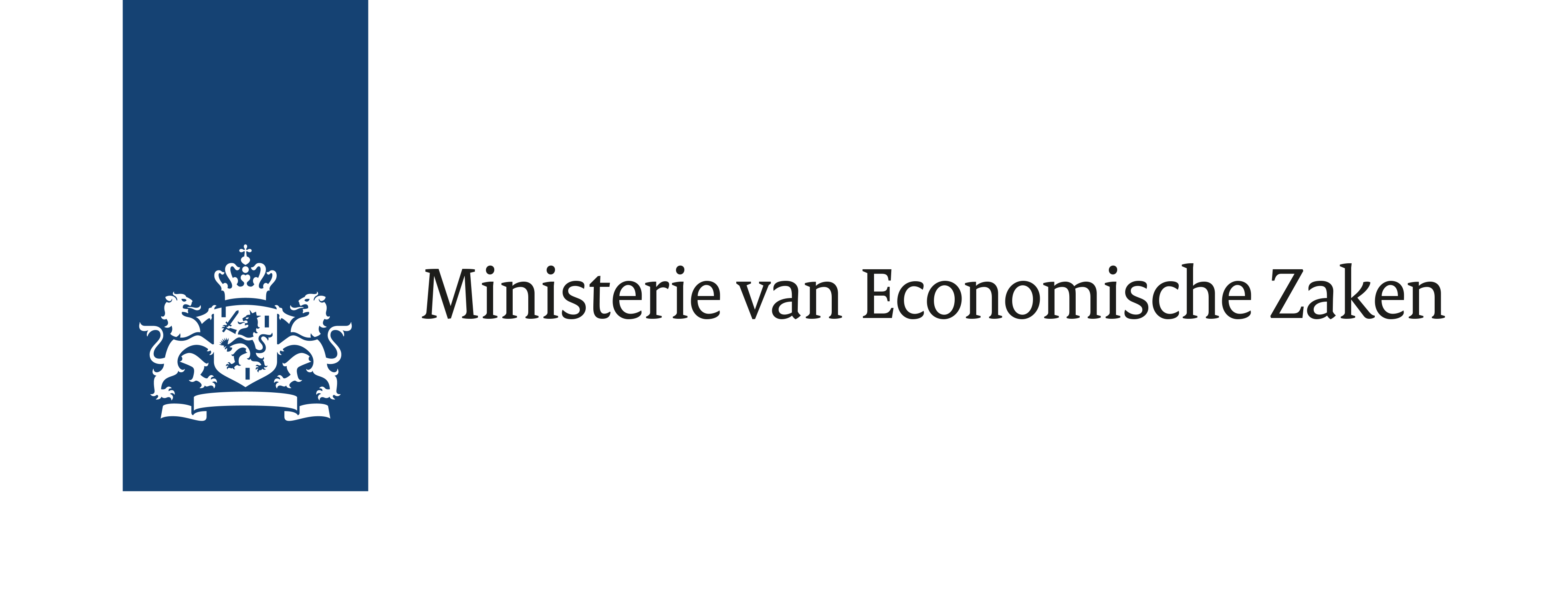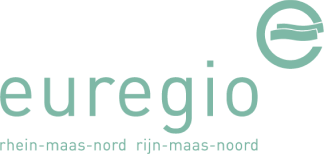We want to plant new roots in our society, as a basis for stable, sustainable change. Our goal is to strengthen the connection between people and nature. This connection is more important than ever in light of climate change, biodiversity loss, and increasing mental pressures. The New Roots Project focuses on the scientific concept of Nature Connectedness. Research shows that a strong bond with nature enhances our well-being and health and contributes to more environmentally responsible behaviour. Nature Connectedness describes our relationship with nature and how strongly we feel part of it. In the modern world, especially in Western societies, this bond is often disrupted. We tend to view nature mainly as a resource, rather than seeing ourselves as an ecological part of it. A true sense of connectedness does not arise from knowledge alone or from occasional encounters with nature. What matters most is a vivid, emotional relationship, nurtured by spending time in nature, giving attention, and showing care. Feelings such as joy, wonder, calm, or empathy play an essential role. To help these roots grow, we sow new seeds in different parts of society in the form of concrete project activities: – Experiential nature and environmental education in schools, for both children and adults – Artistic impulses and cultural initiatives that make nature tangible and visible – Collaboration with businesses and public authorities to stimulate sustainable practices The stronger our sense of connection with nature, the more likely we are to act in the interest of the environment.
New Roots Project
Project information
Planned project costs
€ 3.037.055,57
Priority
A Europe closer to the citizens in the border area
Project duration
01.10.2024
-
30.09.2028
Lead partner
Provincie Fryslân
Project partners
Carl von Ossietzky-University Oldenburg
Emder Bürgerstiftung Regionales Umweltzentrum Ökowerk Emden
Gartenkulturzentrum Niedersachsen - Park der Gärten gGmbH
IVN, Instituut voor Natuureducatie en duurzaamheid
Rijksuniversiteit Groningen
Stichting Instituut voor Kunst en Cultuur
Stichting Keunstwurk
Stichting Van Hall Larenstein
Stiftung für Mensch und Umwelt
Project financing
EFRE / EFRO
€ 1.527.370,86
MB Niedersachsen
€ 327.293,68
Provincie Drenthe
€ 43.684,29
Provincie Fryslân
€ 196.999,96
Provincie Groningen
€ 86.609,32
Carl von Ossietzky-University Oldenburg
€ 101.104,97
Emder Bürgerstiftung Regionales Umweltzentrum Ökowerk Emden
€ 87.301,51
Gartenkulturzentrum Niedersachsen - Park der Gärten gGmbH
€ 49.060,00
IVN, Instituut voor Natuureducatie en duurzaamheid
€ 140.928,17
Provincie Fryslân
€ 116.902,80
Rijksuniversiteit Groningen
€ 86.957,38
Stichting Instituut voor Kunst en Cultuur
€ 85.207,24
Stichting Keunstwurk
€ 68.388,00
Stichting Van Hall Larenstein
€ 59.982,39
Stiftung für Mensch und Umwelt
€ 59.265,00
Do you have a project idea or a specific question about the Interreg program Germany-Netherlands?
We are happy to help you! We are also open to suggestions!
Socials
We in social media















